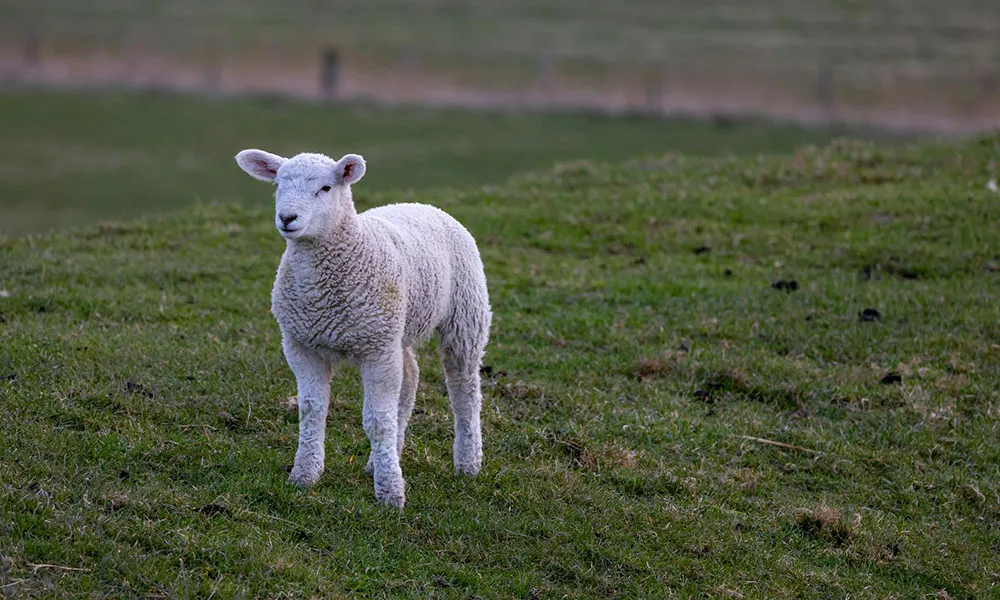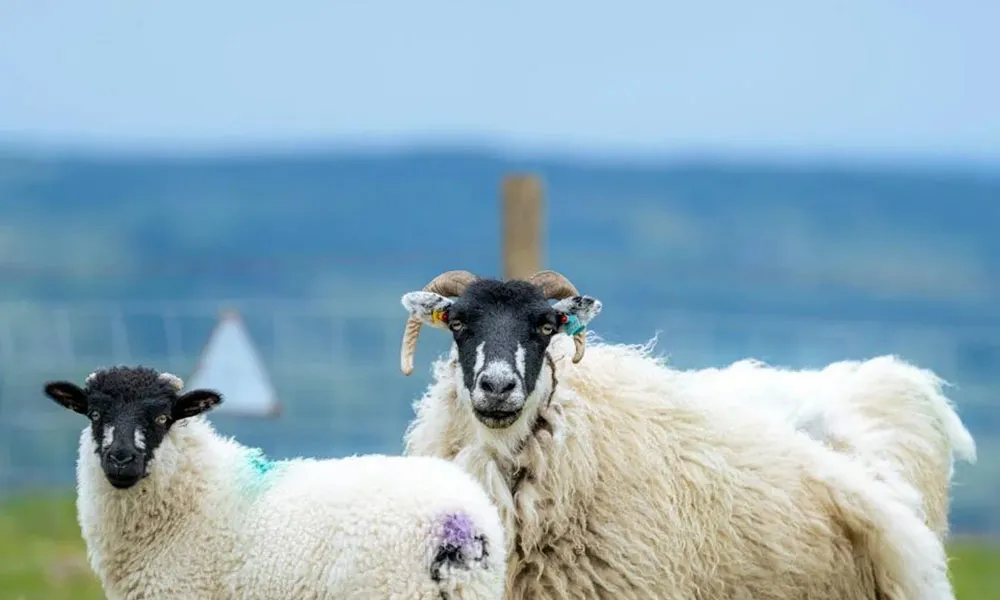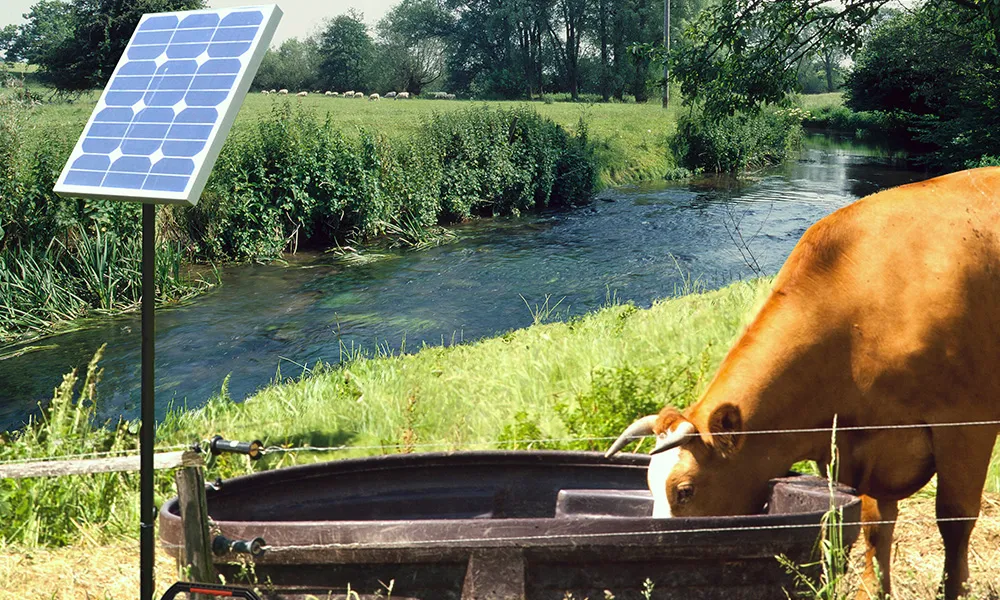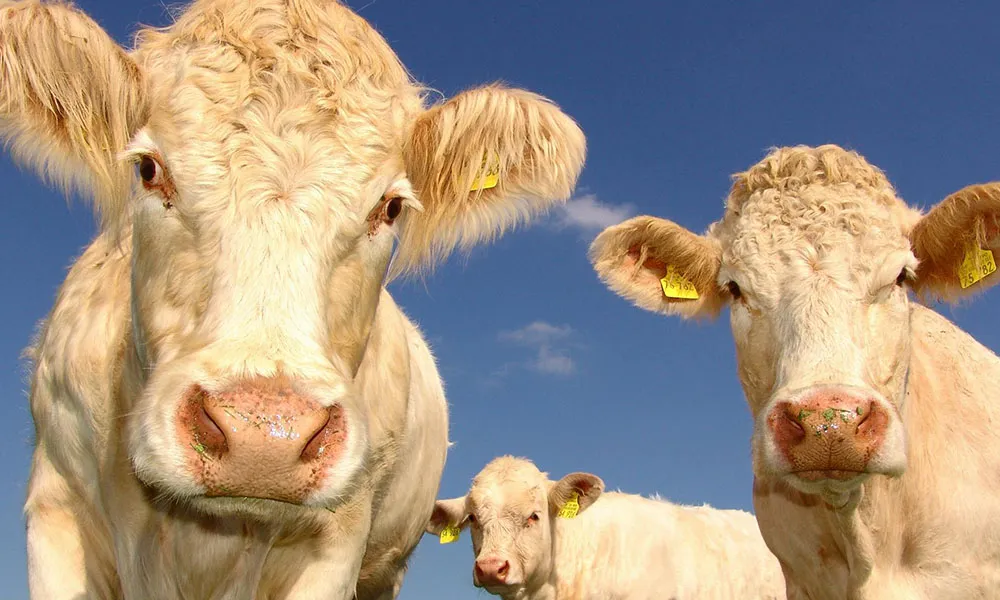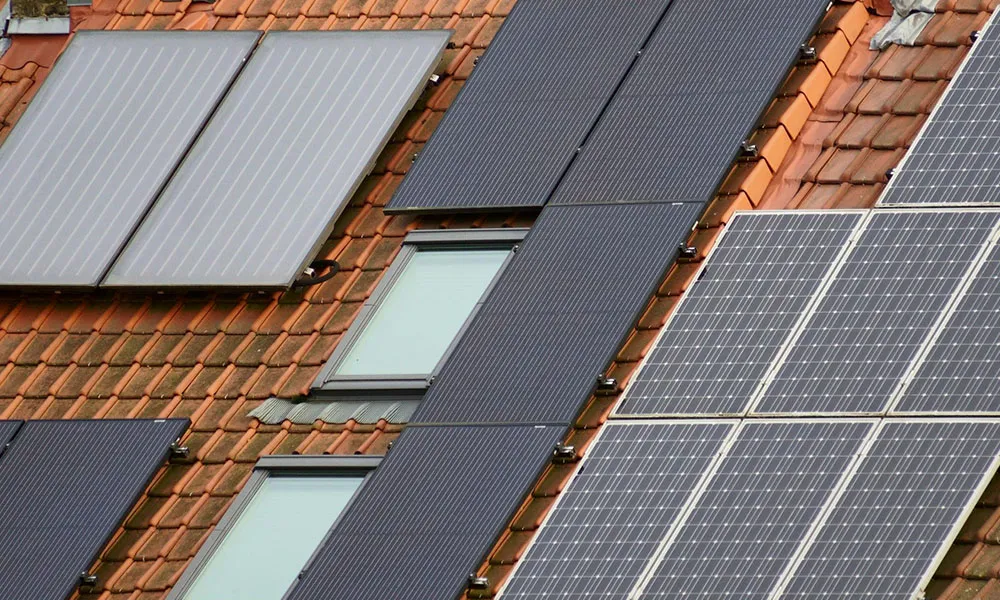
Agridirect.ie discusses the benefits of keeping your own hens, and asks: how much can we save by producing our own eggs?
Global uncertainty
Here’s the harsh reality. We are facing into a very uncertain future. Imperial wars, political instability and climate change are contributing to an increasingly unstable global situation; and while we have no interest in being the harbingers of doom on this issue, we must acknowledge that even our food supplies are under threat. The cost of large-scale food production is rising rapidly, while supplies of grain from some of the world’s biggest net exporters look set to diminish significantly.
Self-Sufficiency Back in Vogue?
Bearing all of this in mind, many of us are starting to consider where we can reduce our food bills and provide for ourselves. The notion of self-sufficiency, once considered a quaint ideal of a tiny minority of dreamers and alternative types, has become part of everyday conversation for rural dwellers. Over the last few weeks, I have been struck by the number of neighbours I have seen turning a sod in their back garden for the first time.
This drive towards self-sufficiency, while motivated by necessity in most cases, is also a welcome development in many ways. I have often wondered why we find ourselves buying onions and tomatoes grown on the other side of the world, when we could just as easily grow them outside our own back doors. If we are serious about reducing our carbon emissions, this is one of the best and most crucial steps we can take.
Upcoming Series at Agridirect
Here at Agridirect.ie, we want to play our part in helping everyone interested in producing their own food. That’s why, over the next few months, we will be running a series of articles aimed at tackling the issues facing all aspiring good-lifers! Today, as an introduction, we are going to crunch the numbers on egg production. We ask: can you save money by keeping your own hens? And, if so, how much?
Keeping Your Own Hens
Before looking at the numbers, though, I want to start by pointing out the non-monetary benefits of keeping your own hens. First of all, kids absolutely love them. If you have children, keeping hens can be an excellent educational tool. In my experience, kids learn a great deal about life from feeding hens and collecting freshly laid eggs. And, unlike many larger farm animals, hens are usually extremely docile and therefore safe for infants to interact with.
Aside from this, hens are second only to pigs when it comes to food waste management. They will eat just about anything you give them. Not only will this save you money on waste disposal; it also means that you shouldn’t have to spend too much on grain to feed them. If you produce a lot of food waste, you should really consider investing in a few hens. Who wouldn’t like to convert all their table scraps into freshly laid eggs?
Chicken manure is also one of the best fertilisers you can find. So, if you are planning to grow your own vegetables, hens are the ideal companion for your garden. We have been using hen manure in our polytunnels for years to great effect.
And, finally, you should never discount the health benefits of having your own eggs. If you have been buying factory-produced eggs to save on costs, you should know that this is often an inhumane production process. Factory hens are sandwiched together in unsanitary conditions, fed poor quality grain and suffer under constant artificial light to force increased egg production. Once they are past their peak laying age, they are disposed of without ever having seen the light of day. Now, I’m not a bleeding heart when it comes to farming, but I do believe that every animal should have the freedom to experience daylight, green grass and wide open spaces.
Keeping your own chickens means that you can be sure of where your eggs have come from. You know that they were produced by happy, healthy hens. And that can only be a good thing for the quality of the end product!
The numbers
So how much can you save by producing your own eggs. Well, there are quite a few variables here. First of all, it depends on how many eggs your family eats in a week. If you have a big family that eats two dozen eggs a week, you could stand to make significant savings.
But, for the sake of convenience, let’s take the case of a family of 4, which gets through a dozen eggs a week. A dozen free range eggs, at present, will probably cost you between €3 and €3.50 in the supermarket. This means that this family will spend between €156 and €182 per year on eggs.
Now, 3 or 4 good laying hens will produce enough eggs in a year to keep this family. If the family produces a lot of food waste that can be fed to the hens, then one bag of layers’ pellets every six weeks will probably suffice as an additional supplement. An average hen with access to good grass and additional food will eat about 125g of pellets a day. This is certainly true during the summer months, when grass is plentiful and we tend to have a lot of leafy greens lying around. However, you should be careful never to give food that it rotten or that might make your hens sick. It is best to avoid meat, citrus fruits, onions and potato peelings for this reason.
All of this means our family of four is only likely to spend between €15 per month on pellets, depending on where they purchase and whether they want to go organic. That leaves a potential annual surplus of between €50 and €100 from egg production, and that’s before you consider potential savings on fertiliser and food waste disposal, as well as the fact that supermarket prices are likely to rise in the next year. So, our advice?
Get out there and buy some hens! Keeping your own fowl is a wholesome experience, and is good for your bank balance.
P.S.
I know some of you may argue that this is a disingenuous calculation, because I haven’t factored in the cost of housing. But the reality is that hens are easily housed and farmers are usually good carpenters. Even the least handy among us should be able to hobble together a hen house from scrap timber!





